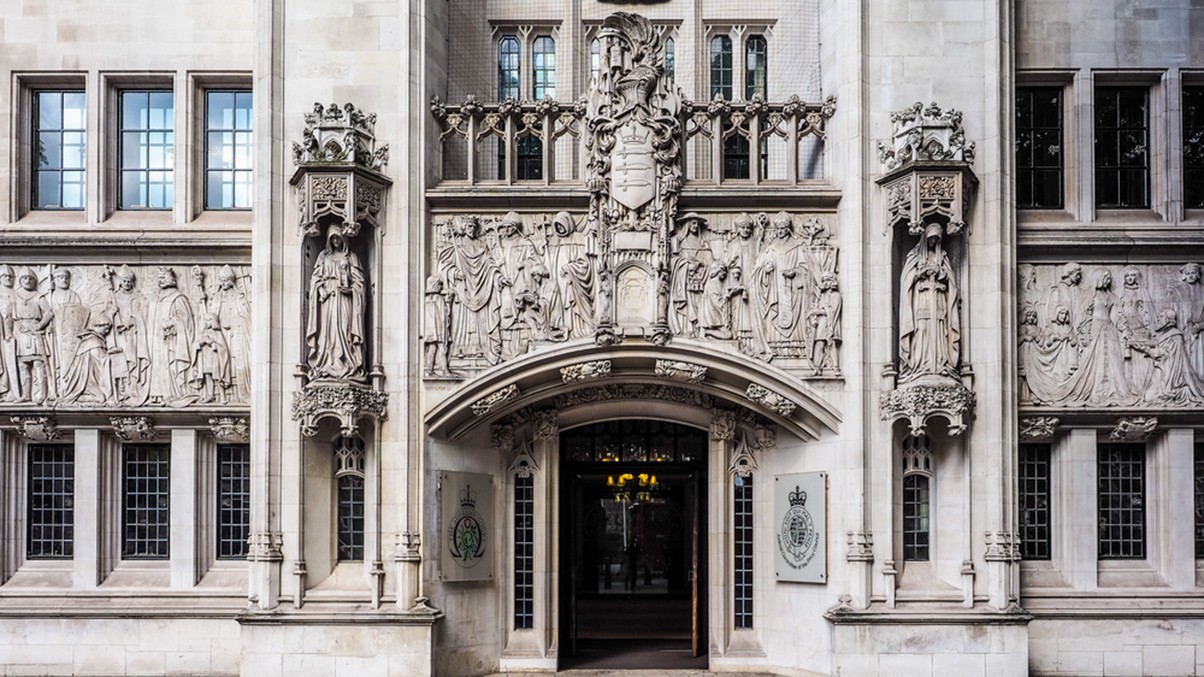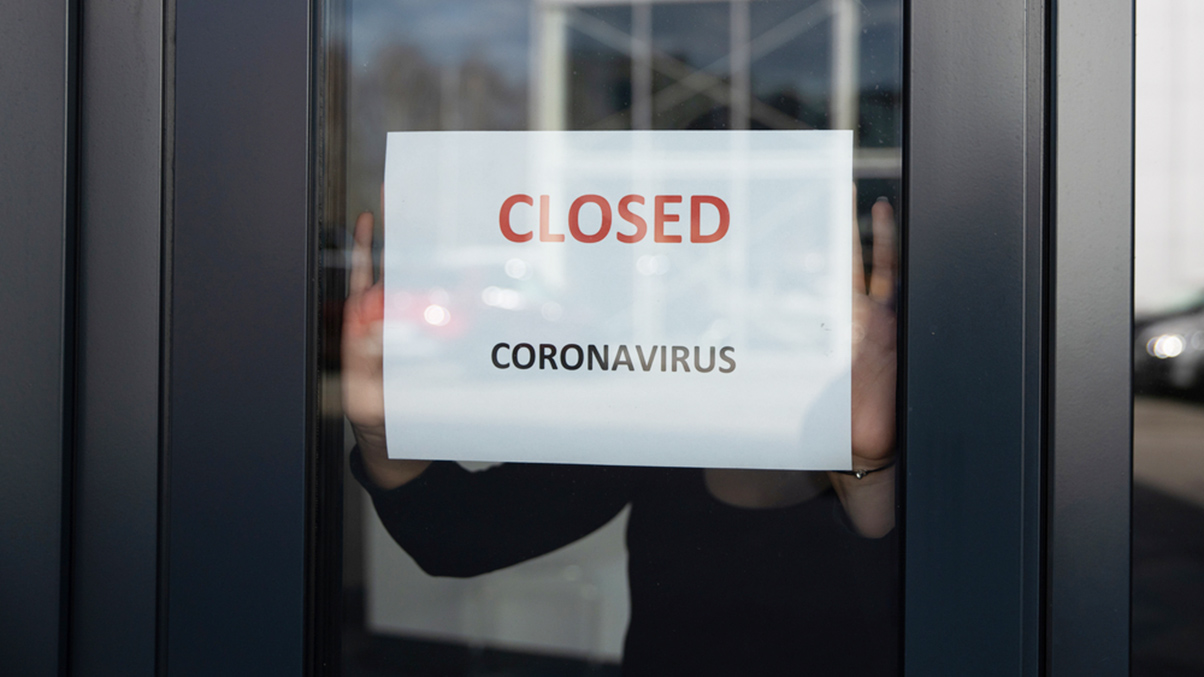Business interruption (BI) insurance protects businesses against loss suffered as a result of a slowdown or suspension of operations. This includes loss of profits, loan payments and certain expenditure, such as rent.
For insolvency office-holders, the existence of BI insurance will be one of the considerations to be made when reviewing the books and records. This includes not just a claim on the policy itself, but also potential claims against the broker for negligence, and directors for mismanaging the insurance needs of the business whether that means failing to insure, renew, or notify.
In this article Tim Symes and Alex Jay provide a high level guide for insolvency office-holders (both for companies and individuals) across these categories of claims.
1. Claims under the Policy
- The starting point is to review the insurance policy wording and, in particular, the policy schedules (sometimes called ‘extensions’) to see if BI insurance is included. Although the wording may take a number of different forms, the following is an example of the sort of wording to look out for: “The insurance covers loss resulting from interruption of or interference with the business carried on by you at the premises…”
- Many policies limit their BI cover to losses relating to physical damage to the premises, such as fire or flood, or an outbreak of diseases at the premises itself (as opposed to in society generally). In most cases, these policies are unlikely to cover losses related to the coronavirus.
- You should therefore check the estate’s policy for clauses covering BI losses that do not relate to physical damage to or an outbreak of disease at the premises. These are sometimes called ‘nondamage’ clauses. Again, there are many forms that such clauses may take, but three common types are ‘disease’, ‘prevention of access’ and ‘hybrid’ clauses (so-called because they cover losses caused by prevention of access following a disease).
- You will also need to check other issues such as whether the policy was in place at the relevant time, whether the estate’s insurers were notified of a potential claim and whether the policy wording was considered as one of the sample of 21 policy wordings considered in the landmark decision in The Financial Conduct Authority v Arch and Others in January 2021.
- Alternatively, if the estate, before going into a process, has already made a BI claim and that claim was rejected by its insurer prior to September 2020, you may wish to revisit the relevant insurer’s decision.
- In appropriate circumstances, you may wish to take action against the insurer to recover sums due under the insurance policy where it has rejected the claim, and, potentially, other related losses arising from that rejection.
2. Claims against insurance brokers
- You may also wish to consider whether the estate has a negligence claim against its insurance broker. Depending on the facts, this may be in addition to or as an alternative to any claims it has against its insurers.
- There are various factual scenarios that may give rise to a claim against an insurance broker, but some of the most common are:
-
- The estate did not have any BI insurance at all but its broker ought to have advised it to obtain coverage;
- a broker did not properly advise the estate of the restrictions on coverage such that its insurance coverage was inadequate so as not to include any BI claim against its insurer;
- where the estate instructed an insurance broker to obtain BI insurance and the broker failed to obtain such coverage;
- Where an insurance broker made representations to the estate about the “all-embracing” nature of a BI insurance policy only for a claim under the policy to be rejected by the insurer.
• To bring a claim successfully, you will need to show that, but for the insurance broker’s negligence, the estate would have taken out BI insurance that would have covered it in respect of losses arising from the pandemic.
• It is also important to check what advice was given by the estate’s insurance broker in respect of any potential BI insurance claim made or proposed to be made.
• Although the estate’s insurance broker was its agent and should, in theory, have assisted in making a claim, brokers do not always relish claims, particularly if conflicts of interest may be involved.
• You should therefore be aware of potential conflicts in relation to the insurance broker, and be prepared to examine any guidance or advice they gave to the insolvent estate which may have been improperly coloured by such conflicts.
3. Claims against directors
The 4 types of claims to look for here are a) failure to insure, b) failure to renew a policy, c) failure to meet the terms of the policy, and d) failure to notify of, or make, a claim on a policy, either at all, or quickly enough.
- Failing to insure the risk
Failing to insure against potential business losses could be a misfeasance, should the event have occurred, and caused loss. Whether the directors can be held responsible for the failure to insure against a pandemic depends on the facts and in particular the interaction with the broker, but it should be considered. - Failing to renew a policy
If the policy had lapsed for want of renewal, and during the period of no cover losses occurred due to the pandemic that would have been covered had the policy been in force, then the directors (unless the broker is responsible) could be liable in misfeasance. - Failure to meet the terms of the policy
All insurance contracts have strict reporting and other requirements which, if breached, can render the cover legitimately unresponsive to a claim. If such failures are the responsibility of the directors (rather than the broker) then a claim in misfeasance for the amount of the losses may be available. - Failure to notify of, or make, a claim
Where the directors have been slow to notify the insurer of the anticipate claim or have failed to do so altogether such that the policy is no longer responsive, a claim in misfeasance for the losses due to such failure may be available against them. The same may apply where any time limits for making the claim itself have not been met.
Conclusion
The presence or absence of a BI insurance policy may represent a hidden asset in an insolvency estate and so it is always worth checking the position.
If the facts in any of your insolvent estate situations chime with the above guidance then please do get in touch with us and we would be happy to discuss them with you, in case you have a claim.







